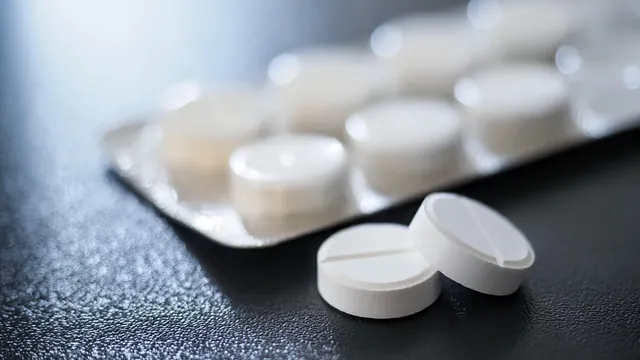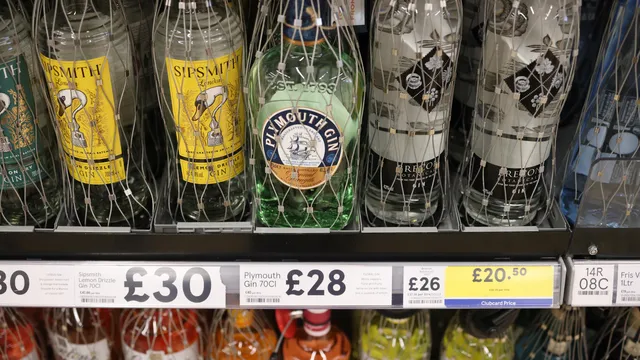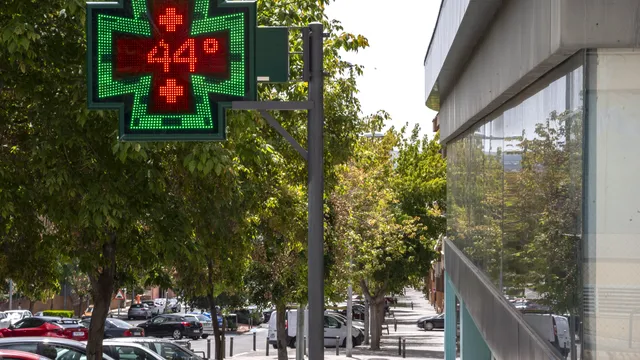President Donald Trump has signed a sweeping executive order promising to fight "unreasonable and discriminatory practices" by foreign countries that result in Americans paying much higher prices for prescription drugs, a White House official said, according to CNN.
The multilateral directive, which is likely to be challenged in court, targets other governments' negotiations with pharmaceutical companies that significantly reduce the prices of many drugs in their countries. Although US presidents and lawmakers have long condemned this practice, they have generally refrained from taking large-scale action in line with the US free market philosophy.
"Starting today, the United States will no longer subsidize healthcare in foreign countries as we have done in the past," Trump said at a press conference before signing the order.
While Medicare will gain historic authority to negotiate prices for a small number of drugs each year, Trump's executive order will apply to numerous drugs and prices in the commercial market, as well as Medicare and Medicaid. He countered that the directive amounted to "price control," telling reporters that the current system includes price control because pharmaceutical companies set prices.
The industry's main trade association (PhRMA) did not immediately respond to a request for comment.
If prices do not fall quickly, the administration will consider various policy levers that can be used to enforce lower prices, a White House representative told reporters. The mandate also calls on the Department of Health and Human Services to negotiate lower prices in all markets. If no progress is made, the agency will apply a "most-favored nation" pricing rule for the drug, which will be the lowest price offered in comparable countries.
If implemented, this measure would go significantly beyond the "most-favored nation" policy introduced by Trump during his first term, which was quickly blocked by federal courts on procedural grounds before being repealed by then-President Joe Biden in 2021. This measure would have imposed the lowest price paid by a country with equivalent status for 50 Medicare Part B drugs used in doctors' offices.
It is unclear how quickly Americans will see lower prices and what authority the US government has to regulate drug prices in other countries.
In a post on Truth Social, Trump wrote: "Drug prices will be reduced by 59%."
This followed a post promising: "Prescription drug prices and pharmaceutical products will be REDUCED, almost immediately, by 30% to 80%. They will rise around the world to match, and for the first time in many years, BRING FAIRNESS TO AMERICA! I will implement the MOST FAVORED NATION POLICY, whereby the US will pay the same price as the country that pays the lowest price in the world."
Americans have long paid much higher prices for many drugs compared to patients in other countries, largely because other governments often set the price. Prices for all drugs in the US—both brand name and generic—were nearly 2.78 times higher than in comparable countries in 2022, according to a report from the Department of Health and Human Services last year. For brand-name drugs, prices in the US were at least 3.22 times higher, even after adjusting for expected discounts. |BGNES

 Breaking news
Breaking news
 Europe
Europe
 Bulgaria
Bulgaria







